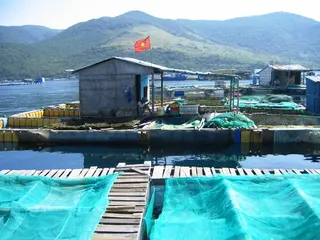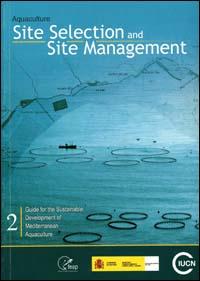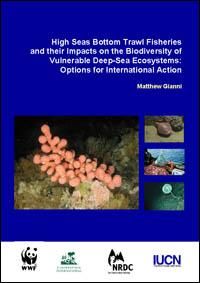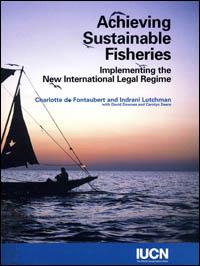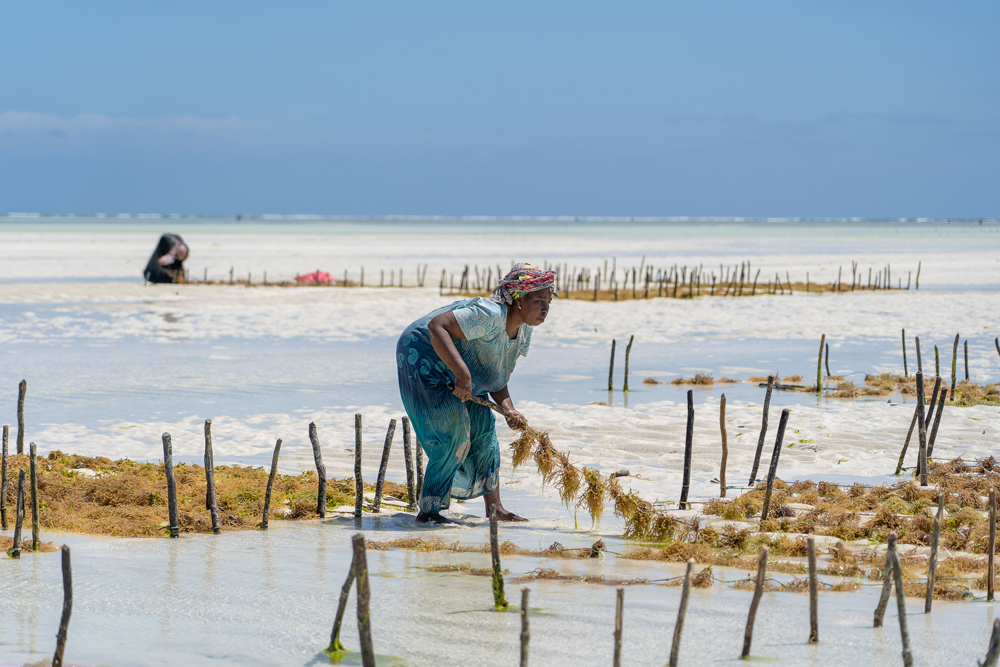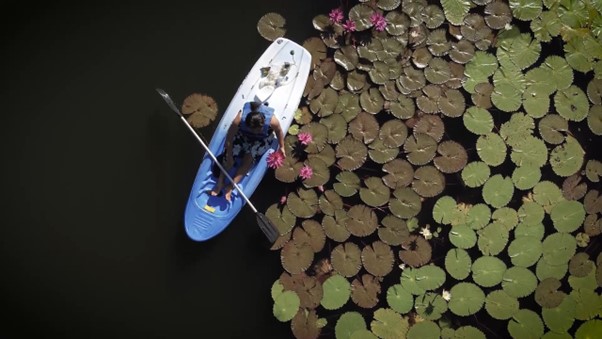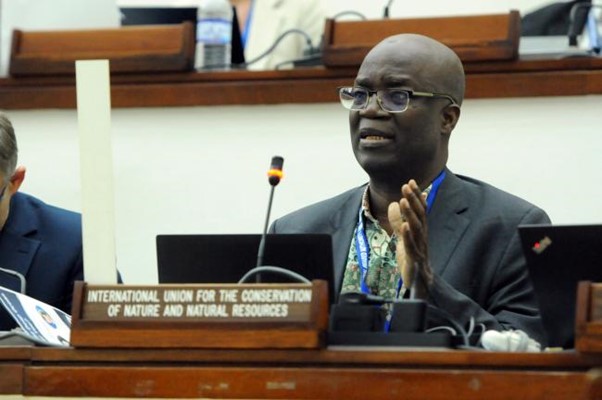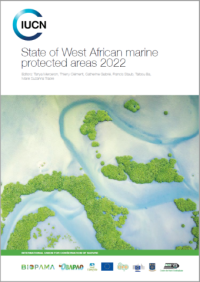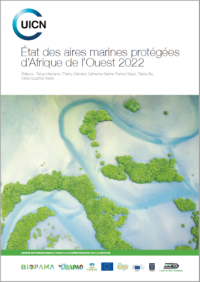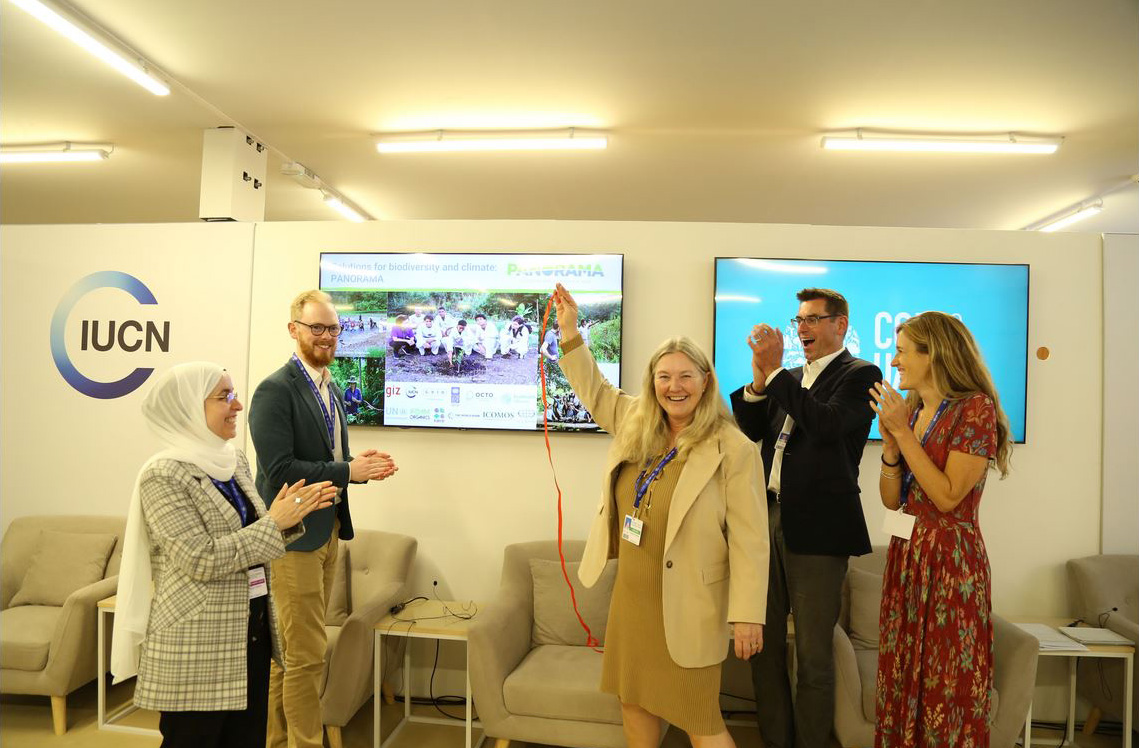IUCN's work on fisheries and aquaculture
At the same time as the issue of Illegal, Unreported and Unregulated fishing (IUU) is becoming of global concern, the effects of climate change on oceans, namely sea warming and acidification, are affecting the aquaculture productions worldwide by fostering the outbreak of diseases. Moreover, in recent years we have witnessed an increase of coastal flooding phenomena often due to coastal erosion caused by the establishment of aquaculture facilities.
IUCN has produced numerous publications on fisheries and aquaculture over the years. Its more recent focus has been on providing guidance for the sustainable development of aquaculture and exploring synergies between aquaculture and marine protected areas.
IUCN's wider constituency is also very active, notably through its Fisheries Expert Group, within the IUCN Commission on Ecosystem Management and and through its People and the Ocean Specialist Group, part of the Commission on Environmental, Economic and Social Policy.
